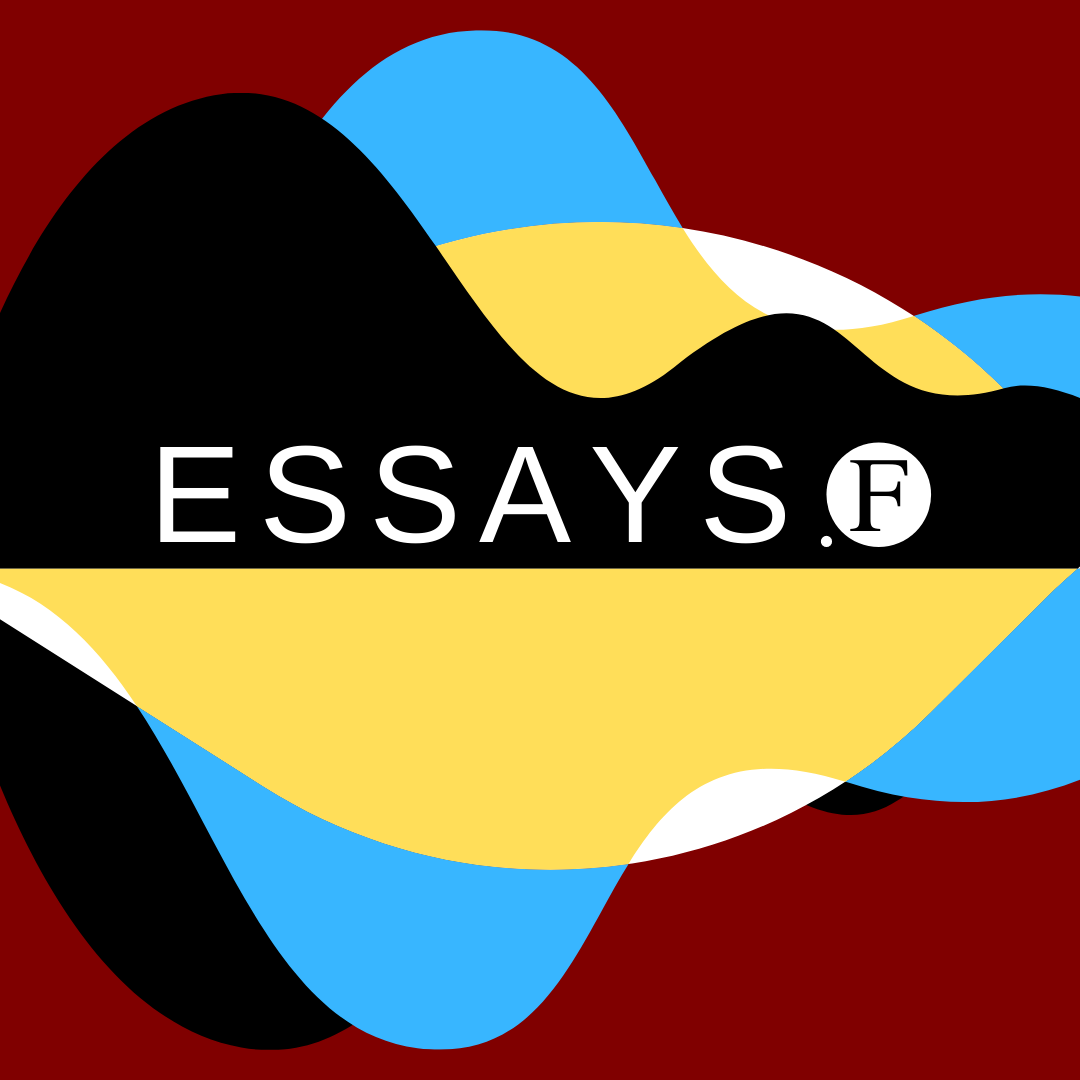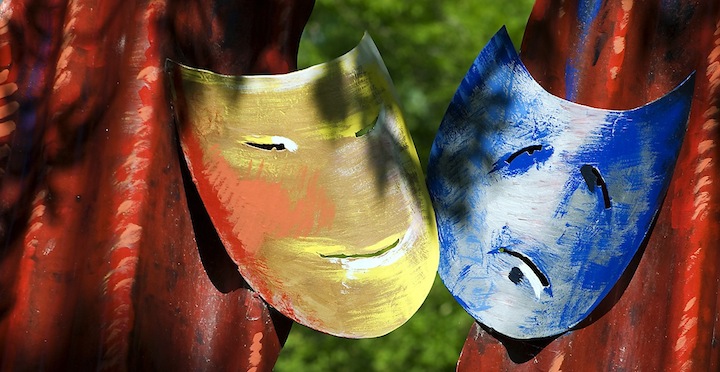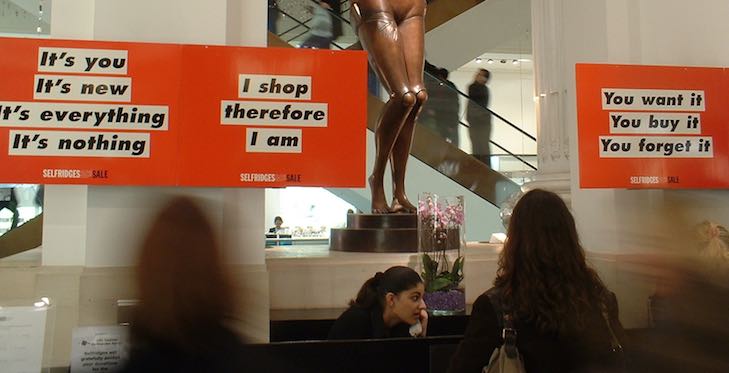Experiencing Time
Joel Smith on Husserl and the puzzling experience of time
Phenomenology, as I understand it, is primarily concerned with the concept of experience and, correlatively, that of appearance (or, equivalently, phenomena). The primary phenomenological questions, then, concern the nature of experience in all its varieties (perception, reflection, imagination, emotion, and so on), and of things as they appear in experience. One might ask, for example, what it is to visualize something; how visualizing differs from visually perceiving something; and what the similarities and differences are between how things appear in those two forms of experience. In its focus on experience, phenomenology differs from, for example, metaphysics, which asks what things, including the objects of experience, are or epistemology, which asks how these things can be known.
A fundamental feature of all experience is that it takes place in time. Indeed, the experience of time generates philosophical puzzles. Augustine’s famous remark about the nature of time seems just as appropriate when it comes to the consideration of the experience of time: ‘What, then, is time? I know well enough what it is, provided that nobody asks me; but if I am asked what it is and try to explain, I am baffled’. The task of the phenomenologist, however, is to pose the question: in what does the experience of time consist? In what follows, I want to give a sense of the puzzle but without, I hope, the bafflement.
The clock on my office wall has hour, minute, and second hands. I can see that the second hand is moving. If I look for long enough, I will also see that the minute hand has moved. Longer still and I will see that the hour hand has moved too. But, so it seems, I know these things in different ways. Not only can I see that the second hand has moved, I can see its movement. The movement of the second hand is something that I experience. This is not so with the hour hand. Although I can see that it has moved, over a brief enough period of time my visual experience would not noticeably differ if it were stationary. I come to know that the second hand is moving because I can see it moving, but I come to know that the hour hand is moving by noting that its position has altered over the period of time that I have been looking at it.
In experiencing the second hand’s movement, I experience an event, something that happens. Events take time, thus in experiencing an event, I experience something as spread out over an interval of time. And such experience, it would seem, is perceptual. The movement of the second hand is something that I perceive. The movement of the hour hand, by contrast, is something that I infer from what I see. But, quite plausibly, perceptual experience is and seems to be concurrent with that which is perceived. In other words, when I perceptually experience something, it seems to be happening now. In this way, perception is unlike memory—when I recall something, it seems to have already happened. This creates a puzzle. We seem to be perceptually aware of something both as spread out over time and also as happening now. But if, at any given time, we are aware only of what is happening now, how can it be that we are aware, at any one time, of an event—something that, essentially, happens over a duration? We need an account, then, of what it is to be aware of an event as an event. We need an account of the experience of the passage of time.
William James denies that the things that we experience are all concurrent with the experience itself. We are, that is, experientially aware of a span of time that includes both the present and also the immediate past (and perhaps the future). So, at any one moment, we are perceptually aware of a duration, something that extends beyond that moment. This span of time is the ‘specious present’, and it is this that accounts for our sense of the passage of time and, thereby, our experience of events.
Edmund Husserl‘s account of time-consciousness is, in a number of respects, similar to James’s. Unlike James, however, Husserl has at his disposal an intentional account of perceptual experience. That is, he possesses an account of how it is that perceptual experience is directed towards (or about) things and thus, as many contemporary philosophers would put it, represents things as being some way or another. Like James, Husserl claims that in the experience of an event, one has at any one moment not only an experience of the phase occurring at that moment, but also the phases that have just occurred and the phases that are soon to occur. His labels for these three aspects of experience are, respectively, ‘primal impression’, ‘retention’, and ‘protention’. All three must be in place for one’s experience to present something as an event. The primal impression is an awareness of the present phase of an event as now happening; the retention (or, ‘primary memory’) is an awareness of a past phase of the event as having just happened; and the protention is an awareness of the future phase of an experienced event as about to happen.
On both James’s and Husserl’s accounts, at each moment I am perceptually aware of more than what is occurring at that moment. That is, what is happening now seems to be surrounded a ‘temporal horizon’ of what happened then and what will happen. But this, it would seem, involves denying the truism, mentioned above, that perceptual experience is and seems to be concurrent with that which is perceived. Drawing on Ian Phillips‘ presentation of this worry, we might put it by saying that the perceptual experience of a duration of time ought itself to seem to possess a duration. Experience and the events experienced must march in step. But, on Husserl’s account, the perceptual experience of duration, of an extended interval of time, is seemingly available at a moment. And surely, we might think, it is implausible to suppose that we experience a duration at an instant. For surely, the experience of a duration must itself take time.
Can the Husserlian account be defended against this objection? Maybe. We can concede that it is implausible—perhaps both phenomenologically and metaphysically—to suppose that I can instantaneously experience an event with duration. The experience of an extended period of time, we might think, must take a period of time to occur. But it is not at all obvious that this implausible claim is a consequence of the view under consideration. It can be argued that on Husserl’s picture, the experience of an event must indeed take the same period of time as does the event itself, since each phase of the event must be experienced as now (via a primal impression). Thus, we can accept that the perceptual experience of a duration of time ought itself to seem to possess a duration. But doesn’t the Husserlian account allow that, at an instant, I experience more than what is taking place at that instant? Yes, but not as happening now! One way of describing the content of one’s perceptual experience of the sequence abc, at the time of b, would be, ‘a (which was preceded by a, and will be succeeded by c)’. The retentional and protentional elements here provide the context, or temporal horizon, of the phase of the event that is taking place at the time of the primal impression. This doesn’t mean that I can instantaneously experience an event with duration, any more than the analogous claim that each point in visual space seems to be surrounded by further points means that I experience an extended space at a point.
Perhaps, then, Husserl’s picture can be defended from the accusation that it is both metaphysically and phenomenologically implausible. Whatever the case, it is certainly right to say that the experience of time is something that if nobody asks us about it, we understand but when we face it head on, is liable to cause a good deal of bafflement.
Image credit: t-mizo, ‘Long exposure in Yurikamome (Tokyo, Japan)‘
The Source Code
This essay is based on the book Experiencing Phenomenology by Joel Smith (Routledge, 2016).






